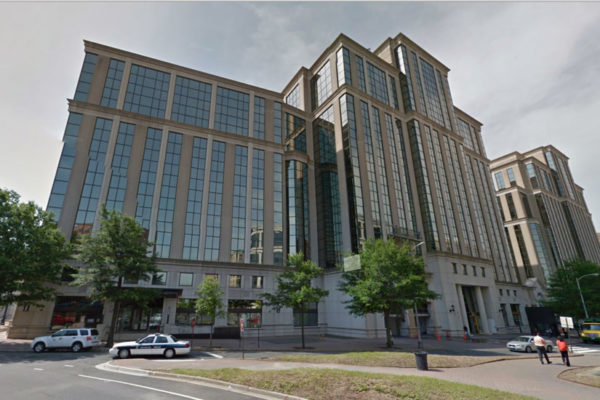(Updated at 10:30 a.m.) For years now, there have been calls to revamp, fix or rethink the “Arlington Way.”
There is no single, comprehensive definition of what the Arlington Way is, but broadly, according to one county document, “the Arlington Way refers to the form citizen participation takes in Arlington County.”
It is, essentially, the way the county government — along with the school system — goes about shaping its plan and policies, through input from stakeholders like civic associations and by convening committees and commissions.
While the stated goal is inclusion and seeking input, there have been grumbles over the years that the Arlington Way is actually about getting residents to accept a preordained outcome set by elected officials or county staff.
The recent elementary school boundary process, Four Mile Run Valley planning process and Washington-Lee renaming process all featured disgruntled residents complaining about getting railroaded. In those and other controversial decisions, we’ve often heard from those involved that they felt certain cogs in the community process — committee members, consultants hired as “facilitators,” etc. — were specifically chosen to help steer the process to a desired outcome.
On the opposite side of those arguments, others who’ve talked to ARLnow have expressed disappointment in the slow, trodding pace of decision-making in Arlington. The complainers, some have said, are simply trying to slow down progress or to use the process to get their way despite being ultimately being in the minority on a given issue.
There has been a notable amount of off-the-record criticism, for instance, about the County Board dragging out the approval process for a very necessary expansion to Virginia Hospital Center. The cost to the hospital and the delay in the project, some have said, was not worth trying — unsuccessfully — to appease a handful of residents who essentially didn’t like the idea of bigger buildings in their neighborhood.
That’s not to mention the fact that serving on committees is a massive time commitment — a big “ask” of those involved — and attending civic association and County Board meetings requires setting aside considerable time as well. Thus, those serving on committees and attending meetings are often those with strong opinions about the outcome — opinions not necessarily reflective of the view of most residents unwilling or unable to put in the time.
So today we’re asking: what should be done about the Arlington Way? Should it be scrapped altogether in favor of a more streamlined process of gathering community input — online or otherwise — and then letting those elected to make such decisions do so, taking into account the input received? Or should it be kept the same or even strengthened to be more inclusive and iterative, and less deterministic?


